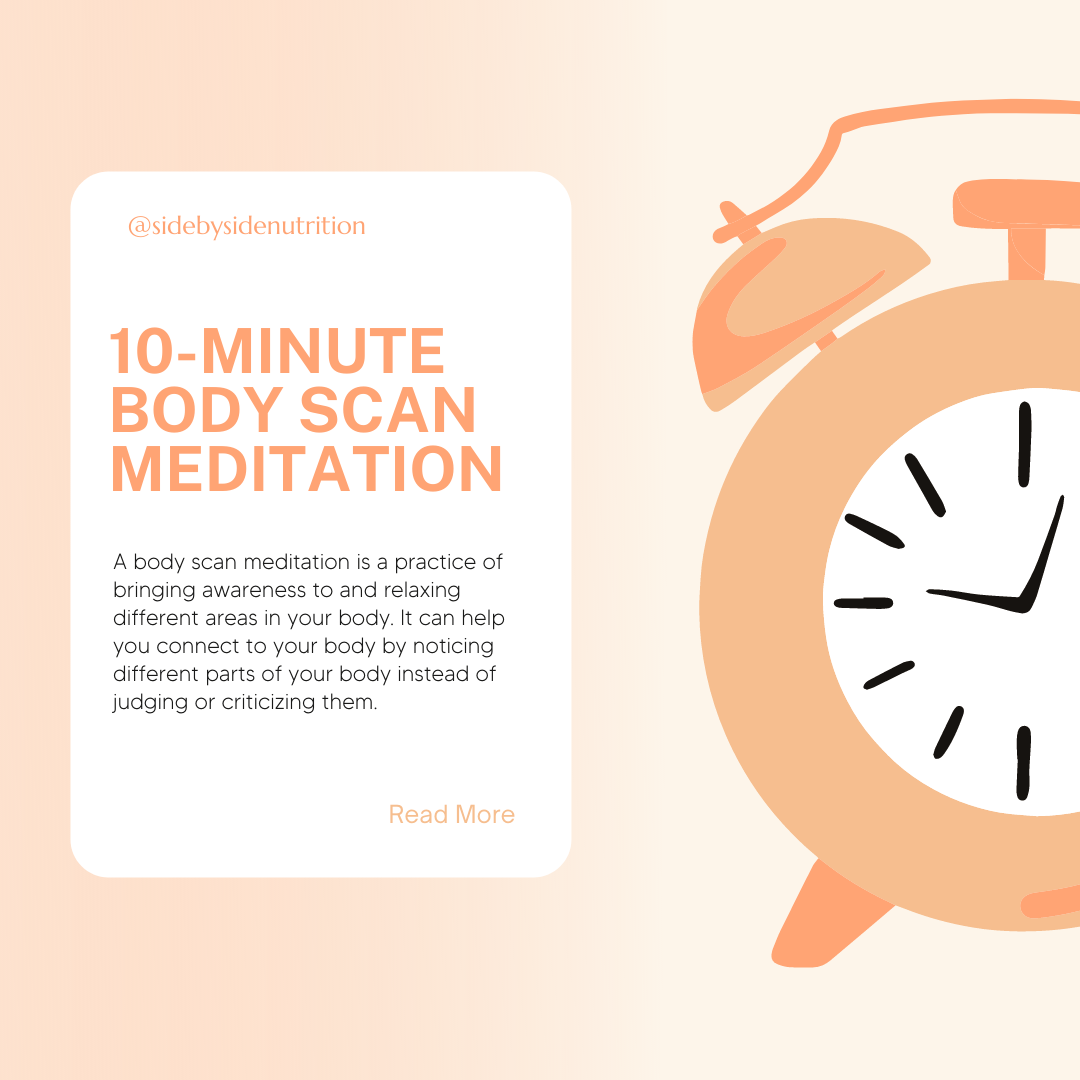Next time you find yourself questioning your treatment needs, check-in here. You may have been asking the wrong questions all along…
Read MoreAs I outlined in discussing the sports nutrition Hierarchy, the foundation of a successful sports nutrition routine is first and foremost eating enough. Athletes and active individuals are notorious for chronically underfueling due to decreased hunger cues, inability to balance nutrition with activity, or as a result of diet culture in the fitness world. If you are not first making sure that you are taking in enough energy, the types of food, timing, or supplements you take won’t make a difference.
Finding yourself feeling stuck? Noticing Shoulds pulling strings in your life? It doesn’t have to be this way! Let’s start rewriting your Shoulds today.
Read MoreAs athletes or active individuals, it can be super confusing to know where to start when it comes to fueling yourself for activity. From the millions of results on google to the over abundance of social media advice, it’s not hard to get overwhelmed. Here’s the truth-sports nutrition DOES NOT have to be complicated.
Read MoreA body scan meditation is a practice of bringing awareness to and relaxing different areas in your body. It can help you connect to your body by noticing different parts of your body instead of judging or criticizing them.
Read MoreA relationship can be defined as the way in which two or more concepts, objects, or people are connected, or as the state of being connected.
When discussing body image and body Image healing, it is very helpful to think of your relationship with your body as just that- a relationship. Our relationship with our body is similar to other relationships in our lives, like our relationships with our significant others, our friends, and other acquaintances.
Read MorePerhaps your heart hangs heavy this winter, or you are head-over-heels in love. When it comes to body image, many of us are somewhere along the complex spectrum of “love,” and likely with multiple paramours, if you will. As the month of romance comes to a close, consider crafting a thoughtful send-off by expressing to your body what’s in your heart. After all, it’s never to late for love.
Read MoreDiscomfort in a normal part of recovery
Feeling discomfort in recovery is to be expected and celebrated. Rather than act with automatic behaviors and judgment, get curious with that discomfort and practice sitting with the feeling with mindful awareness.
In eating disorder recovery, we have to get really uncomfortable to grow.
How can we work to change our relationship with what it means to be uncomfortable today and everyday?
Read MorePranayama, or breathwork practices, can be powerful ways to help relax the nervous system and get present for a few moments. In pranayama practices, we focus on the breath. We may change the breath to lengthen the inhale or exhale, focus on where breath goes in the body, or focus the breath in other ways.
Read MoreIn our diet culture world, it makes sense why you may feel guilty. We're bombarded with messages from family, friends, coworkers, and on social media about diets or wellness plans to follow, good/bad foods, or the best way to eat. It's so easy to get overwhelmed when you're hearing/seeing these messages, and I know how it may lead to feeling like you're not doing enough or eating 'right.'
Read MoreMaslow’s Hierarchy of needs is a motivational theory in psychology that first showed up in the United states in 1943 and has remained popular in psychological analyses. The pyramid was created by a psychologist, Abraham Maslow, who has been looking for the meaning of life since the beginning of his career, looking to understand what would make life meaningful for people.
Read MoreParts Work or Internal Family Systems (IFS) is a model developed by Dr. Richard Schwartz. Dr. Schwartz has formerly served as a family therapist and he recognized a significant resemblance between the interpersonal dynamics relationships with family members and our own relationship we have with our internal personality parts.
Read More












